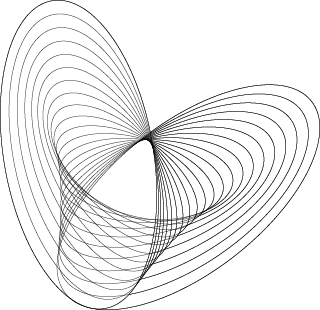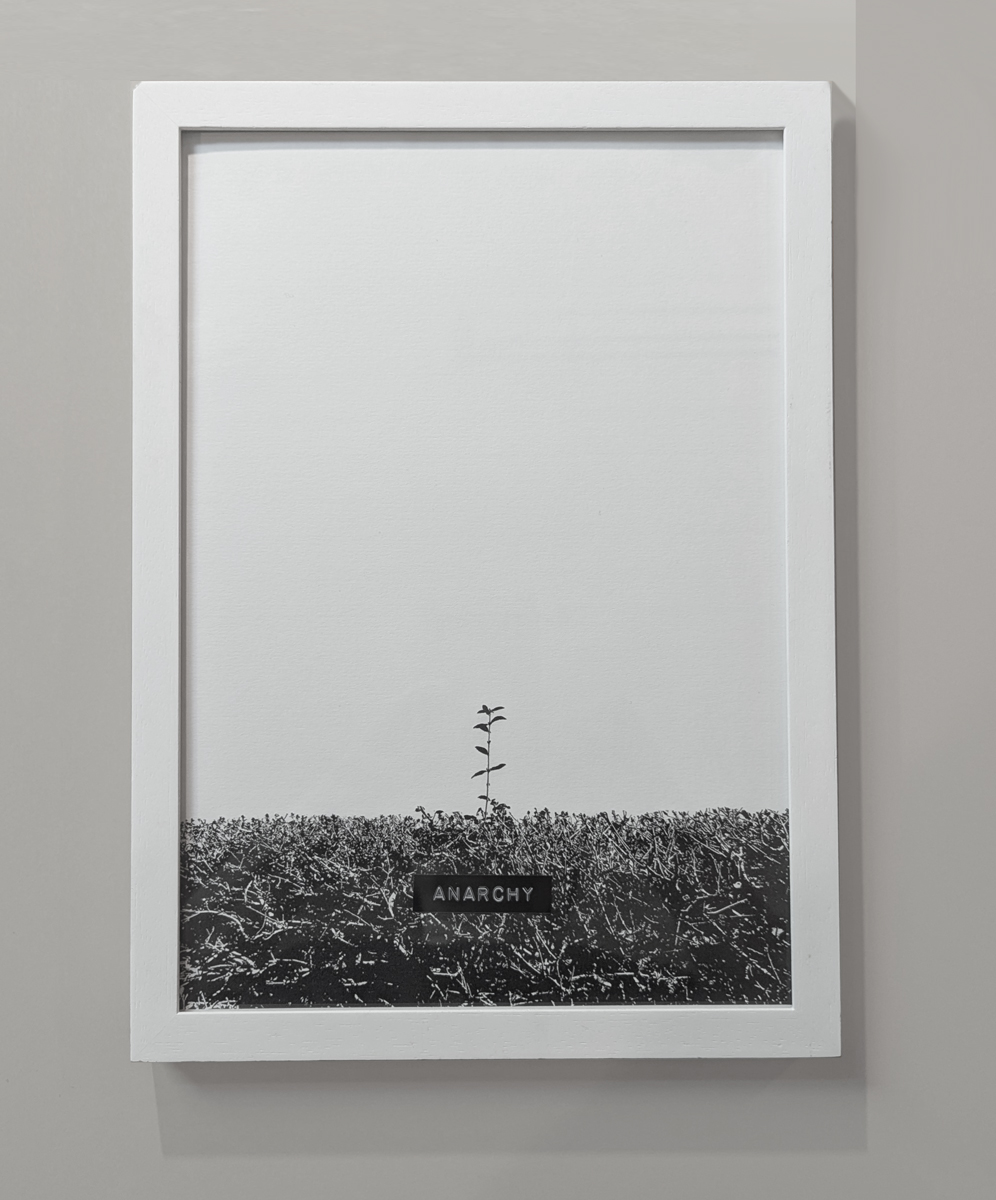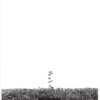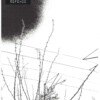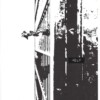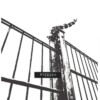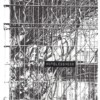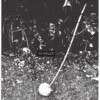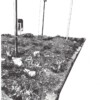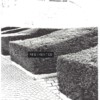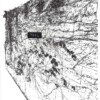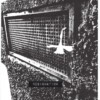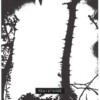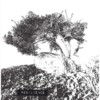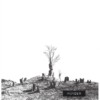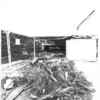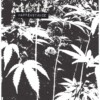Kleine Frühlingsserie / little spring series, 2025
DIN A4, sw-print, Labelprint
Es ist Frühling und die Menschen bringen eifrig Ordnung in Gärten und Grünanlagen. Besonders in Städten wird großer Wert auf den akuraten Beschnitt von Hecken und Büschen gelegt. Es gilt, Wildwuchs zu vermeiden.
Ich frage mich jedes Jahr, was es für Antworten gäbe, wenn uns die Pflanzen mitteilen könnten, ob sie diese Behandlung befürworten oder sich lieber, wie in der freien Natur, einfach ausdehnen möchten? Ist es wirklich in pflanzlichem Sinne, nach einem kalten Winter die ersten Triebe mit der Heckenschere zurecht zu stutzen?
Ein Blick auf funktionierende Biotope bestätigt die Annahme, dass natürliches Wachstum der eher bevorzugte Lebenstil ist.
Natürlich muss man sich auch als Pflanze an gesellschaftliche Regeln anpassen, um ein friedliches miteinander zu gewährleisten. Aber während vor allem in Städten der Lebensraum der Tier- und Pflanzenwelt immer weiter buchstäblich ‚beschnitten‘ wird und die Neugestaltung von öffentlichen Plätzen vor allem in Beton stattfindet, sollte auch hier die Frage erlaubt sein, ob es nicht möglich ist, das Ausmaß dieser Zurückdrängung dem natürlichen Verhalten von Flora und Fauna wieder anzupassen.
Sowieso ist die ungleiche Behandlung von Pflanzen höchst ungerecht. Während einige Kräuter wegen ihrer Heilkraft nahezu vergöttert werden, verteufelt man andere Gewächse als toxisches Gift. Dass Gift und Dornen der Selbstverteidigung dienen, bleibt gerne unerwähnt. Invasive Arten werden notfalls mit Gewalt zurück gedrängt und wie das heimische Unkraut mit Feuer oder Chemie vernichtet.
Aber es regt sich Protest in der Pflanzenwelt. Unter dem Namen „Based Plants“ kämpft bereits eine kleine Gruppe für Gleichberechtigung von Mensch, Tier und Pflanze. Wer aufmerksam durch Städte wandelt, erkennt die Zeichen.
It is spring and people are busy tidying up their gardens and green spaces. Especially in cities, great importance is placed on the accurate trimming of hedges and bushes. Uncontrolled growth must be avoided.
Every year, I wonder what kind of responses would be received if plants could tell us whether they approve of this treatment or would rather expand freely, as in the wild? Is it really in the best interests of plants to trim the first shoots with hedge trimmers after a cold winter?
A look at functioning biotopes confirms the assumption that natural growth is the preferred lifestyle.
Of course, even plants have to adapt to social rules to ensure peaceful coexistence. But while the habitat of flora and fauna, especially in cities, is increasingly being literally „cut back“, and the redesign of public spaces is primarily taking place in concrete, the question should also be allowed here: is it not possible to adjust the extent of this reduction to the natural behaviour of flora and fauna?
In any case, the unequal treatment of plants is grossly unfair. While some herbs are almost idolized for their healing powers, others are demonized as toxic poison. The fact that poison and thorns serve as a means of self-defense often goes unmentioned. Invasive species are, if necessary, driven back by force and, like native weeds, destroyed with fire or chemicals.
But protests are stirring in the plant world. Under the name „Based Plants,“ a small group is already fighting for equal rights for humans, animals, and plants. Anyone who walks attentively through cities will recognize the signs.
